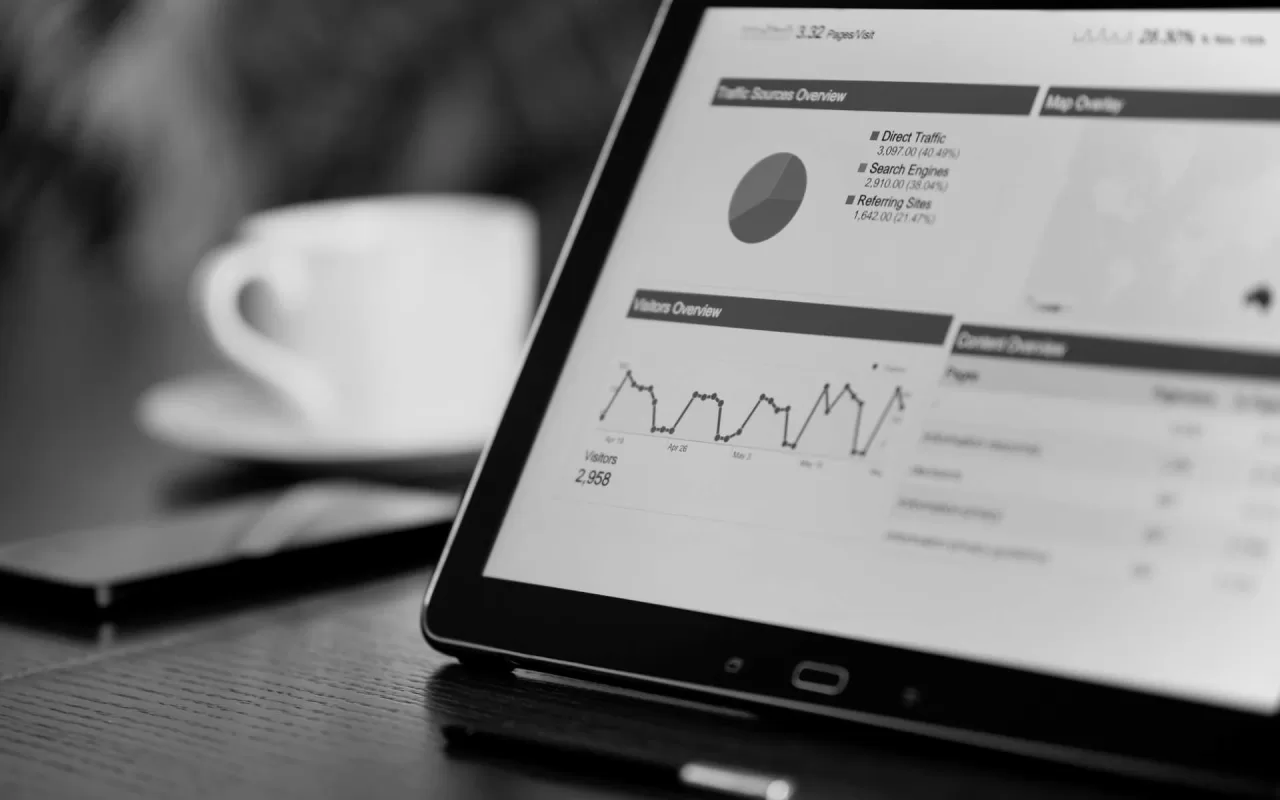
As we witness the digital revolution, the business landscape in Indonesia is reshaping rapidly, adopting a data-driven culture to stay ahead of the curve. One of the key drivers of this transformation is predictive analytics – a potent tool to navigate the future. Here’s how predictive analytics is creating a new narrative in the Indonesian market.
Predictive Analytics: The Game Changer
Predictive analytics employs a variety of statistical techniques, including data mining, modeling, machine learning, and artificial intelligence, to analyze current data and make predictions about future events. It’s like having a crystal ball that allows businesses to foresee trends, identify opportunities, and mitigate potential risks before they manifest.
The Indonesian Narrative
Indonesia’s digital economy is booming, projected to reach $124 billion by 2025, according to the e-Conomy SEA 2020 report by Google, Temasek, and Bain & Company. With this rapid growth comes a vast amount of data that, when analyzed correctly, can drive unprecedented business success.
A noteworthy example is Gojek, one of Indonesia’s tech unicorns. Gojek leverages predictive analytics to augment its ride-hailing services. By systematically evaluating traffic patterns, user behavior, and city layouts, it has been able to predict ride demand and guide its drivers accordingly. The result? Enhanced service reliability, increased customer satisfaction, and improved operational efficiency.
Why Predictive Analytics Matters
Here’s why predictive analytics should be part of your business strategy:
- Mitigating Risks: Predictive analytics can help identify potential threats and risks, be it fraudulent transactions in fintech or supply chain disruptions in e-commerce. Early identification allows for timely response, thereby minimizing damage.
- Anticipating Customer Behavior: By analyzing past behaviors, predictive analytics can predict future customer habits, enabling personalized offerings and improved customer engagement. Tokopedia, an Indonesian e-commerce giant, uses predictive analytics to recommend products based on browsing history, enhancing user experience and boosting sales.
- Optimizing Operations: Predictive models can enhance operational efficiency by forecasting demand, managing resources, and planning logistics effectively.
The Road Ahead
As we move forward, the scope of predictive analytics in Indonesia’s digital market is vast. It will play a crucial role in sectors ranging from healthcare, where it can predict disease outbreaks, to agriculture, where it can forecast crop yields based on weather patterns.
To exploit the full potential of predictive analytics, businesses need to invest in building robust data analytics capabilities. This involves procuring the right tools, recruiting skilled personnel, and fostering a data-centric
Predictive analytics isn’t just a trendy buzzword—it’s a potent weapon in today’s data-driven world, a weapon Indonesian businesses should be ready to wield.




